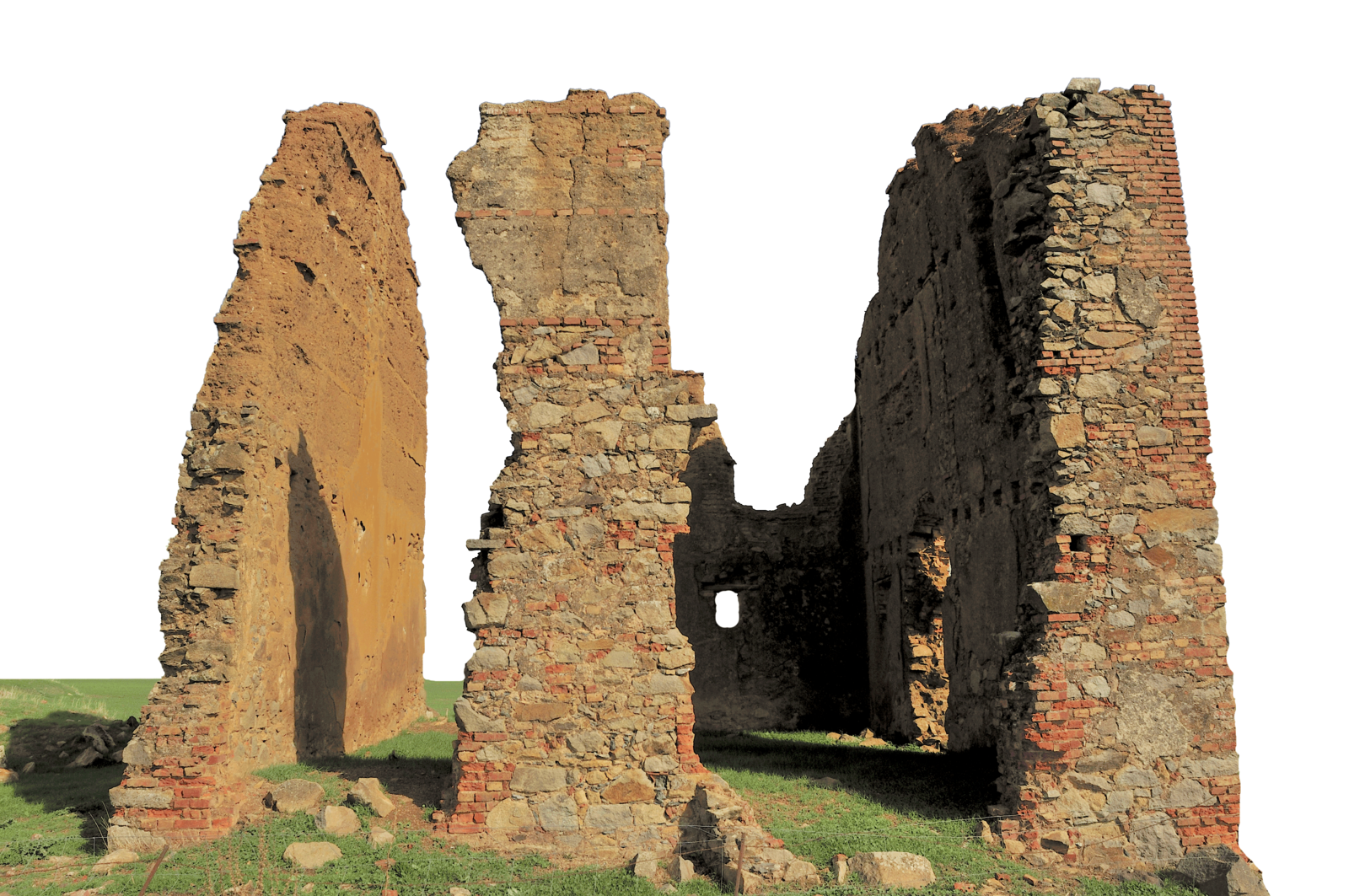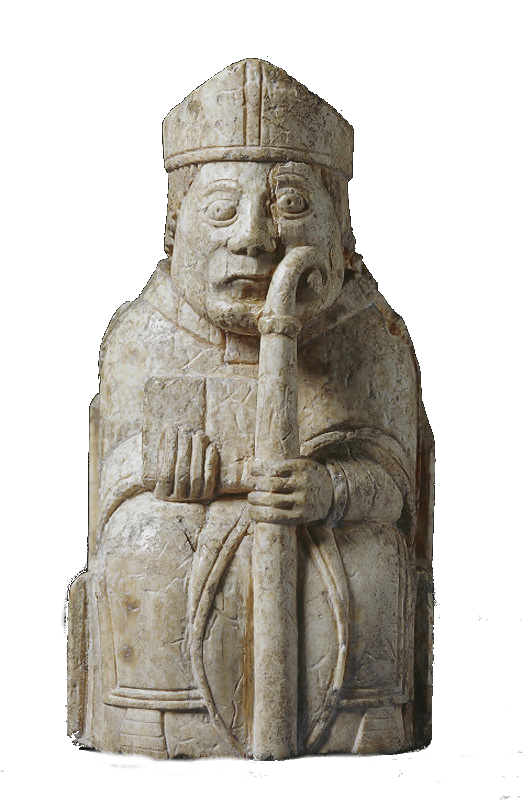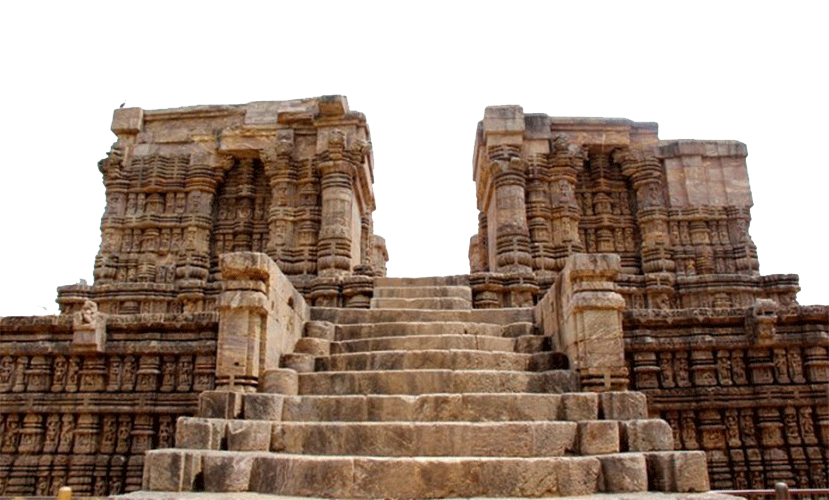Archaeology
Welcome to c/Archaeology @ Mander.xyz!
Shovelbums welcome. 🗿

Notice Board
This is a work in progress, please don't mind the mess.
- 2023-06-15: We are collecting resources for the sidebar!
- 2023-06-13: We are looking for mods. Send a dm to @[email protected] if interested!
About
Archaeology or archeology[a] is the study of human activity through the recovery and analysis of material culture. The archaeological record consists of artifacts, architecture, biofacts or ecofacts, sites, and cultural landscapes.
Archaeology has various goals, which range from understanding culture history to reconstructing past lifeways to documenting and explaining changes in human societies through time.
The discipline involves surveying, excavation, and eventually analysis of data collected, to learn more about the past. In broad scope, archaeology relies on cross-disciplinary research. Read more...
Rules
- Don't throw mud. Be kind and remember the human.
- Keep it rooted (on topic).
- No spam.
- No pseudoscience/pseudoarchaeology.

Links
Archaeology 101:
Get Involved:
University and Field Work:
- Archaeological Fieldwork Opportunities Bulletin
- University Archaeology (UK)
- Black Trowel Collective Microgrants for Students
Jobs and Career:
Professional Organisations:
- Chartered Institute for Archaeologists (UK)
- BAJR (UK)
- Association for Environmental Archaeology
- Archaeology Scotland
- Historic England
FOSS Tools:
- Diamond Open Access in Archaeology
- Tools for Quantitative Archaeology – in R
- Open Archaeo: A list of open source archaeological tools and software.
- The Open Digital Archaeology Textbook
Datasets:
Fun:
Other Resources:

Similar Communities
Sister Communities
Science and Research
Biology and Life Sciences
Plants & Gardening
Physical Sciences
Humanities and Social Sciences
Memes
Find us on Reddit

view the rest of the comments
Hadrian was a big fan of this sort of large, public project. Besides the aqueduct there's also Hadrian's Wall (right at the border of Rome with the Picts, in Britannia) and the temple for Venus and Roma in the city.
Although... what interested me the most in the article wasn't this sort of modern stuff, it was
That's an interesting period of the peninsula, as it was likely already Indo-Europeanised, but not Hellenised. Proto-Greek would be a bit after that, starting around 2200 BCE; but you already had Illyrian, Messapic, Thracian, Dacian, and perhaps Phrygian. (It's kind of hard to know if they're part of the same IE branch, or if similarities between them are areal. Greek in special borrowed quite a bit from native languages.)